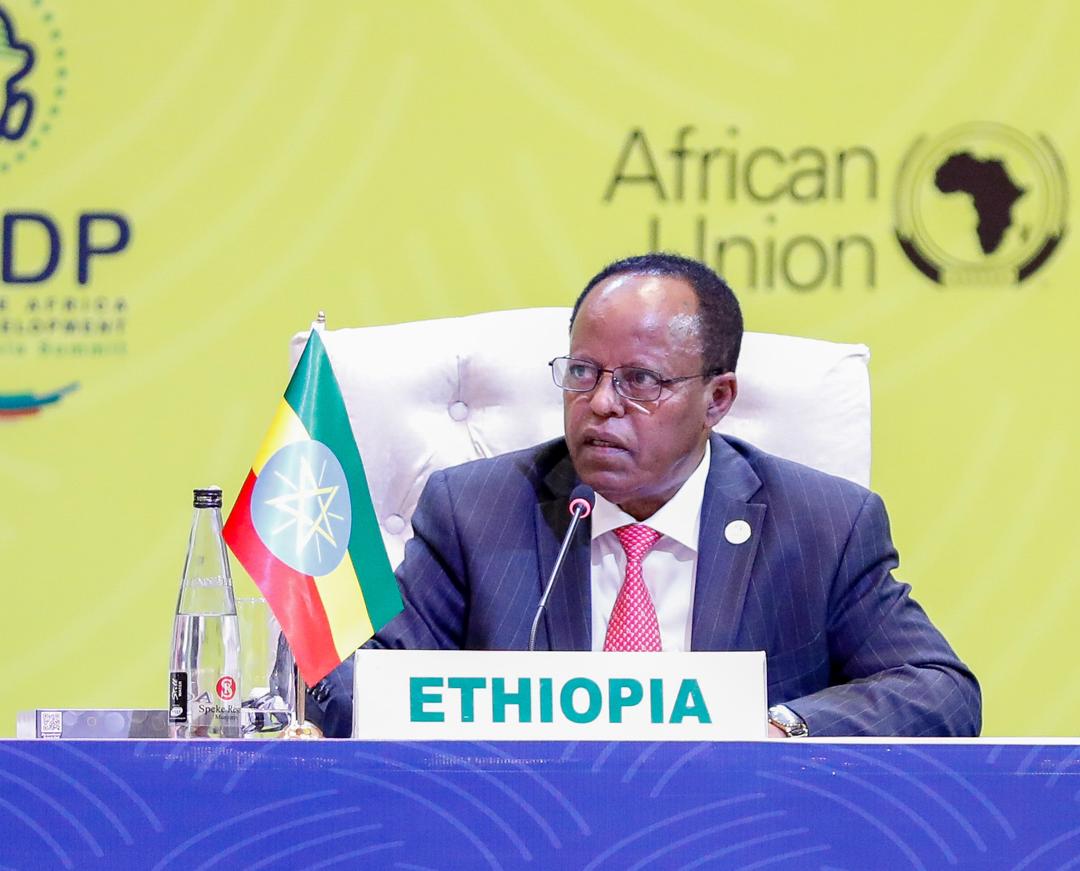Ressources
Deuxième Rapport d'examen biennal de la Commission de l'Union Africaine sur la mise en œuvre de la Déclaration de Malabo sur la croissanc
Agenda 2063 is Africa’s development blueprint to achieve inclusive and sustainable socio-economic development over a 50-year period.









